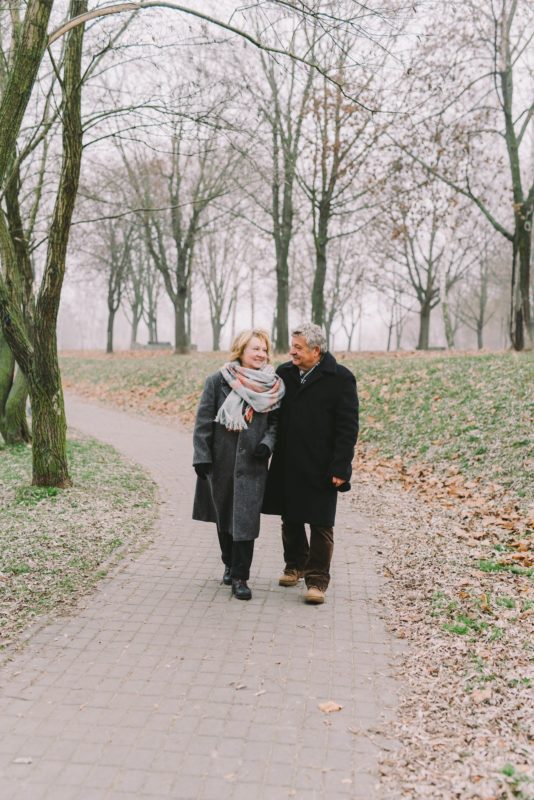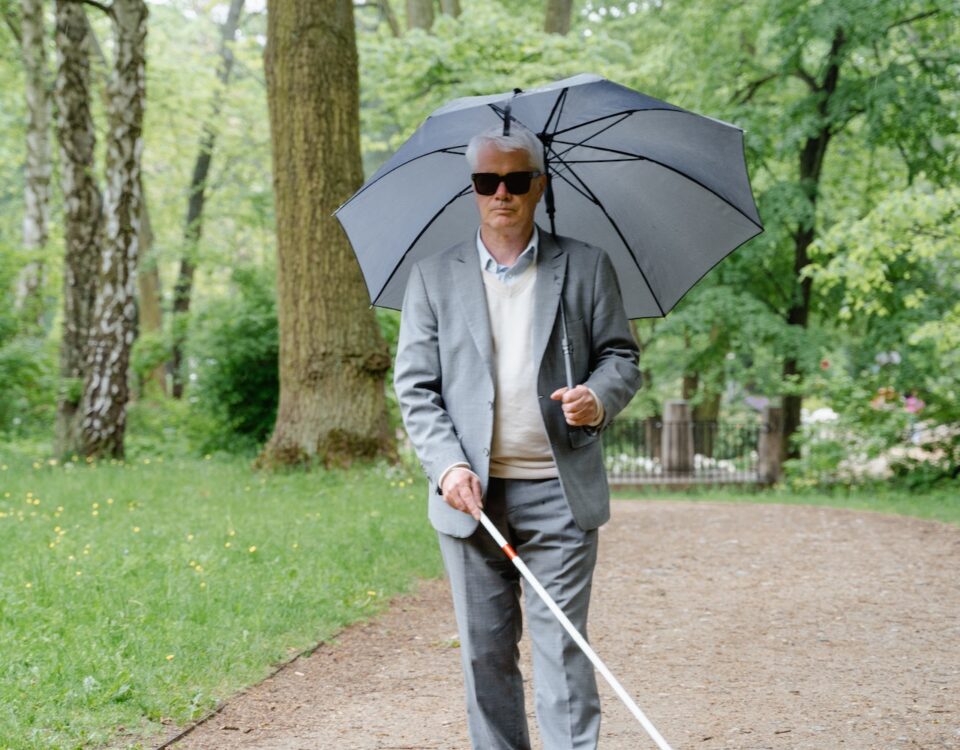You can’t always be there. But we can.
How to Keep Seniors Safe During Winter

Fall-Themed Activities for Seniors That Everyone Can Enjoy
October 2, 2022
Winter Activities for Seniors: Tips for Elderly Parents, Adult Children, and Professional Caregivers
January 24, 2023How to Keep Seniors Safe During Winter

1Heart’s Guide To Our Top 10 Safe Winter Tips
As winter approaches, adult children of elderly parents, professional caregivers, and in-home caregivers must be prepared to help seniors stay safe and healthy. The cold temperatures and treacherous conditions can present a variety of risks to elderly individuals, so it is important to know how to best protect them during this time of year. This article will provide an overview of 1Heart Caregiver’s guide to our top ten best safe winter tips. We hope this listing helps you understand the basics of winter safety for seniors.
Safe Winter Tip #1: Prepare the Senior’s Home
Before winter arrives, it is essential to do some routine maintenance around their home to ensure it is prepared for the cold weather. This prep work may include checking and cleaning the furnace, chimney, and fireplaces, ensuring windows are securely closed, and making sure there is at least one working carbon monoxide detector in the home. Taking these steps can help reduce the risk of illness or injury due to exposure to cold temperatures or hazardous airborne particles.
Safe Winter Tip #2: Dress Appropriately
Basic winter safety for seniors means dressing appropriately. Layering clothing can help keep seniors warm, and it is vital to ensure that shoes have good traction to reduce the risk of falls on ice or snow. Hats, gloves, and scarves can also help protect against the cold and should be worn whenever possible. It is also important to remember that not all materials are equally effective in keeping the body warm – wool, down, and synthetic fabrics are better than cotton and denim.
Safe Winter Tip #3: Exercise
Low-impact, indoor activities such as walking or yoga can help seniors stay active and healthy during winter. When possible, get outside for some fresh air as long as there is appropriate clothing and footwear for the weather. Exercise can also help boost mood and energy levels, especially during the dark winter months.
Safe Winter Tip #4: Nutritional Considerations

Winter safety for seniors also means eating healthy, nutritious food. Meals such as soups and stews can help seniors stay warm and provide much-needed energy during the winter. However, avoid beverages such as coffee or alcohol because they can cause dehydration, which can further put seniors at risk for illness or injury. It is also important to ensure seniors get enough vitamins and minerals from their diets, as these are essential for overall health and well-being.
Safe Winter Tip #5: Have a Backup Plan
Caregivers should be prepared in case of extreme weather conditions or other emergency situations. Make sure emergency contact information is easily accessible, and have a plan in place for transportation if needed. It is also important to ensure seniors have access to appropriate medications and necessary medical supplies in case they become ill or injured during winter.
Safe Winter Tip #6: Reduce Fall Risk
Caregivers should be aware of potential fall risks in the home and take steps to reduce them. Eliminating fall risks can include removing obstacles from pathways, installing grab bars in bathrooms, and keeping floors dry and free of clutter. Additionally, remove any tripping hazards, such as rugs or items on stairs that could cause a senior to slip or fall.
Safe Winter Tip #7: Be Aware of Changes in Health
Caregivers should monitor seniors for any signs of illness or injury that may indicate a need for medical attention. Regular check-ups are also necessary to protect overall health and well-being during winter. Additionally, if you notice your elderly parent exhibiting any changes in behavior that could indicate depression or anxiety, seek professional help as soon as possible.
Safe Winter Tip #8: Socialize
Practicing good winter safety for seniors doesn’t mean staying homebound throughout the season. In fact, seniors need to get out of the house and socialize during the winter months. Activities could include joining a senior center, attending community events, or having friends over for coffee or tea. Staying socially connected can help combat feelings of loneliness or depression that can accompany colder weather.
Safe Winter Tip #9: Reduce Winter Depression
Spending time with family and friends can help seniors combat feelings of depression during the winter months. Other activities such as reading, volunteering, or starting a new hobby can also help combat loneliness or sadness during this time of year. Additionally, make sure that seniors have access to sunlight through windows or skylights. Getting sufficient daily doses of Vitamin D can help fight off SAD (Seasonal Affective Disorder) and feelings of depression.
Safe Winter Tip #10: Make a Plan to Enjoy Winter
Winter poses unique challenges for seniors, but we hope that this safe winter tips guide shows how winter safety for seniors doesn’t have to be a challenge. Providing adequate nutrition, exercise opportunities, socialization opportunities, and preparing the home before winter can all help make sure seniors remain safe and healthy throughout the season. It’s never too late to make a plan for enjoying winter with your elderly parents. Get started today!
To learn more about 1Heart Caregiver Services and the senior care services we provide, contact us today! We are here to help you with your family’s home care needs.

